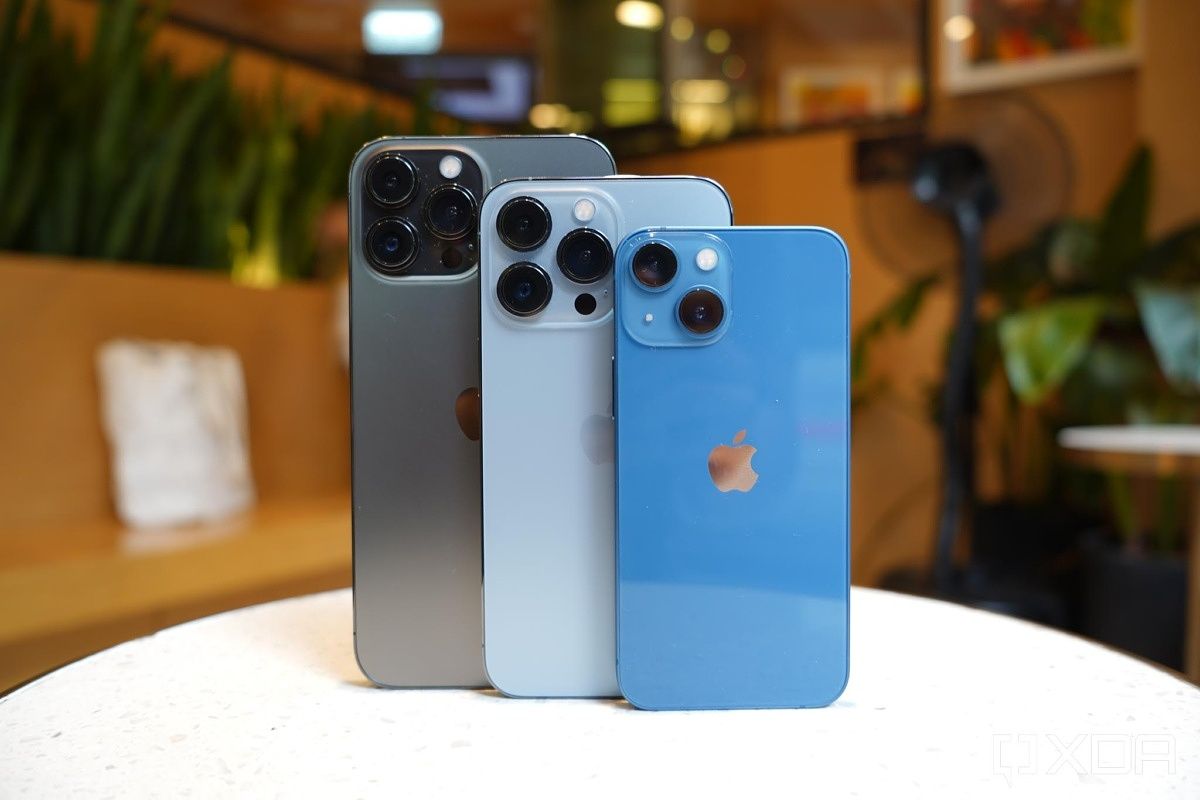Apple just released the iPhone 13 series earlier this month, with four models to choose from: the iPhone 13, iPhone 13 Mini, iPhone 13 Pro, and iPhone 13 Pro Max. The phones are a step up from previous models, with smoother displays and enhanced cameras, but the iPhone 13 series appears to be a downgrade from earlier iPhones in at least one regard — Face ID will stop working after anyone except Apple (or an Apple-authorized repair center) replaces your screen.
The below video from Phone Repair Guru (via MacRumors) shows the displays on two iPhone 13 phones being swapped. Even though the displays are genuine Apple parts, and the screen assembly doesn't contain any components directly related to Face ID, the result is that Face ID no longer works.
It's not clear at the moment if this is a software bug, or yet another measure against unauthorized iPhone repairs. Apple has become increasingly hostile to third-party repairs over the past few years. Apple has its own Independent iPhone Repair Program, which provides select companies or third-party repair centers with genuine Apple parts and repair manuals. However, an iFixit report from last year pointed out that it can take several months for repair centers to join the program, and Apple often sells parts to repair centers for high prices. In some cases, the cost for parts exceed what Apple would charge to perform the entire repair.
Apple has not yet published a statement about Face ID and third-party repairs. If Face ID is intended to break, it would likely only give more momentum to the 'Right to Repair' movement, which has pushed governments around the world to force electronics manufacturers to make replacement parts and repair manuals readily available. U.S. President Joe Biden signed an executive order in July that called for the FTC to establish guidelines for device repairs, and other countries around the world are in various stages of crafting similar legislation.

